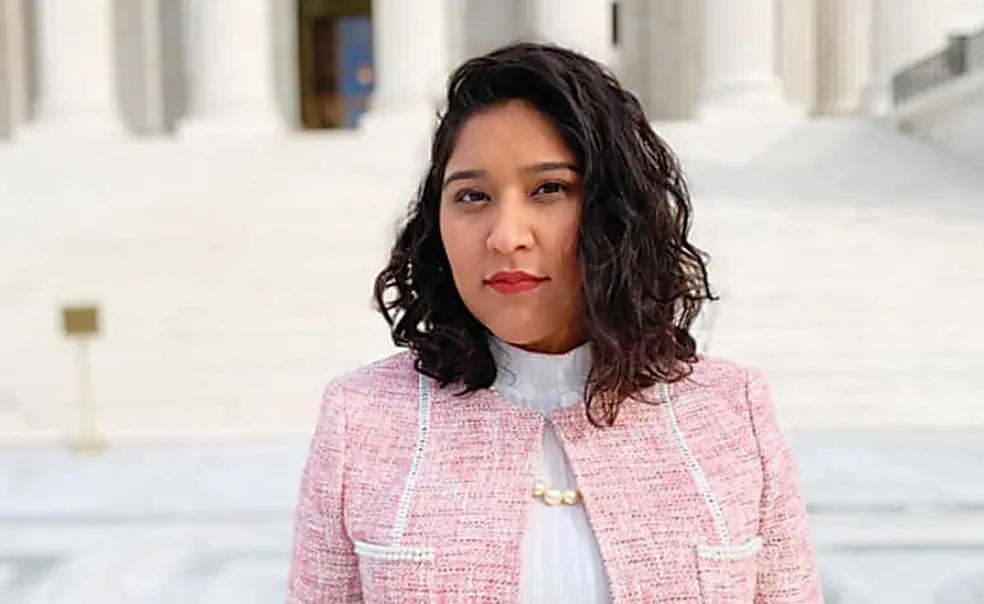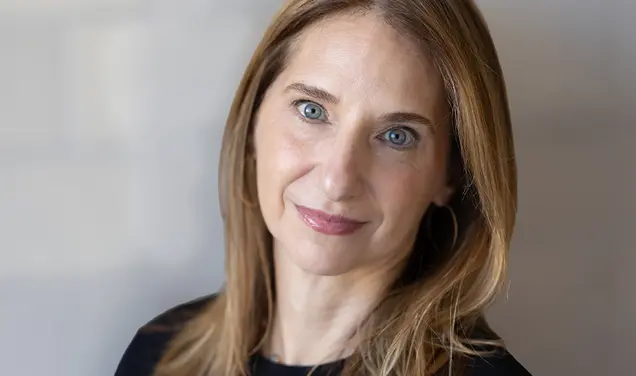María Perales Sánchez ’18: Beyond the ‘Dreamer’
“We need a permanent solution that is based in humanity and values”
María Perales Sánchez ’18 spends her days advocating for better protections for migrant workers in the United States. As a communications coordinator at the nonprofit Centro de los Derechos del Migrante (CDM) in Baltimore, she is constantly meeting with migrant workers, talking to reporters about ways the pandemic is affecting such workers, and communicating with state lawmakers. “We ensure migrant workers know about their rights, and that their voices are central and present in policy discussions that directly affect them,” Perales Sánchez says.
Until last June, she had been doing that work without knowing her own fate in the United States. Perales Sánchez, who moved from Mexico to Houston at age 8, is a recipient of Deferred Action for Childhood Arrivals (DACA), the federal program that affords legal protections, including protection from deportation, to people who were brought to the U.S. as children. Along with some 700,000 other recipients, her future was thrown into upheaval when the Trump administration announced in September 2017 that it would end the program.
In response, Perales Sánchez, along with Microsoft, joined the University’s lawsuit contesting the move. Alongside President Eisgruber ’83 and Microsoft president Brad Smith ’81, she attended oral arguments at the Supreme Court in November. “Hearing the justices discuss an issue so theoretically that affected us so realistically was an out-of-body experience that I don’t even know how to convey,” she says.
In early June, she returned to Houston, from Baltimore, to be with family “in preparation for the worst.” Then on June 18, the ruling came down: The Trump administration had failed to provide appropriate justification to dismantle DACA. When she saw the news, Perales Sánchez remembers, “I started screaming ... it was a scream of shock because I was nowhere prepared for a positive decision.”
The decision brought “some form of ease” to Perales Sánchez and her family. She has been able to move forward with things like refinancing the family home — the kind of mundane yet economically impactful matters that many take for granted, but which had been delayed for years.
However, Perales Sánchez is still concerned about other ways the Trump administration is trying to roll back DACA, such as by shortening the program’s renewal time frame from two years to one (increasing applicants’ paperwork and fees) and denying new applications. But “at least now, if they do take it away again, they have to take more accountability on why,” she says.
While grateful for all the opportunities she has had — she’s just been named the first recipient of a new CDM fellowship, and after completing it next year, plans to attend law school — Perales Sánchez says America still needs a long-term solution for undocumented people, “something that includes our parents and those that don’t fit the ‘Dreamer’ narrative.” After all, her father, who has no legal status in the U.S., never had access to education beyond a grade-school level, yet she credits him and her late mother with instilling in her the qualities that propelled her to Princeton and to the Supreme Court.
“We need a permanent solution that is based in humanity and values before I and undocumented folk like myself can ever feel at ease,” she says.











No responses yet